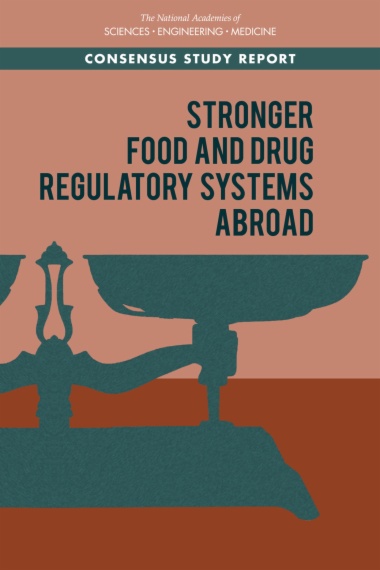

Because forced migration situations are often physically dangerous and politically complicated, estimates of these populations are often difficult to make. Estimates of forced migration vary, but it is probable that there are about 23 million refugees and more than 30 million internally displaced people.In order to assist specific groups of forced migrants and also to better understand the general plight of forced migrants, good demographic data are needed. However, collecting data on forced migration presents tremendous challenges for normal data collection processes and standards.To explore a range of issues about internally displaced persons and refugees, the Committee on Population of the National Research Council organized a Workshop on the Demography of Forced Migration in Washington, D.C., in November 1997. The purpose of the workshop was to investigate the ways in which population and other social scientists can produce more useful demographic information about forced migrant populations and how they differ. This report summarizes the background papers prepared for the meeting, the presentations, and the general discussion.